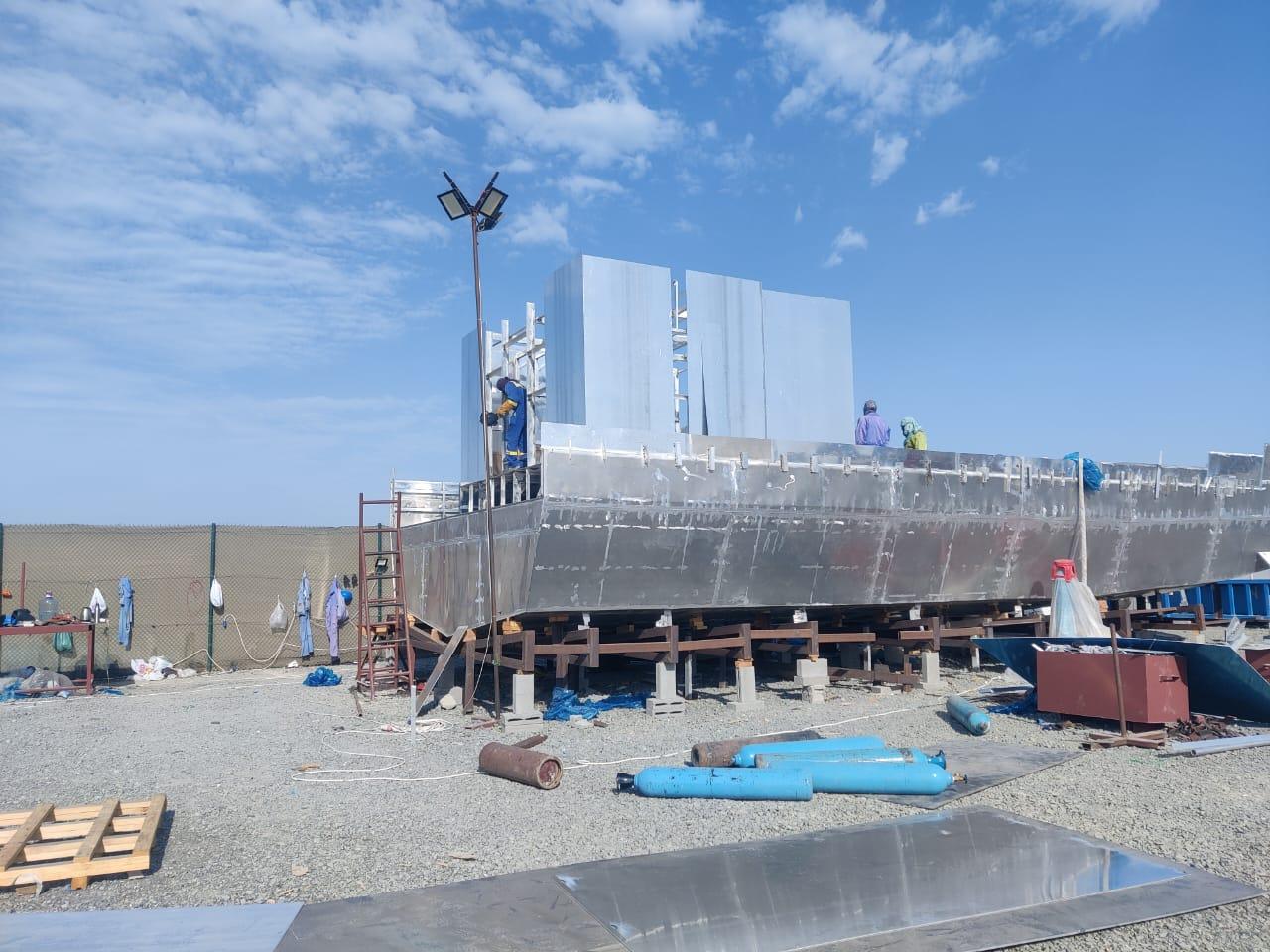How Shipbuilding Companies Are Powering the Future of Global Maritime Trade

International maritime commerce is the blood of global business, carrying over 80% of all global goods by volume. Underlying this enormous web of vessels, terminals, and routes is a tremendous force: ship building companies that engineer and deliver the boats sustaining commerce. VU Marine is one of them, serving as an example of how transformation and adaptation are building tomorrow's maritime economy.
Economic Powerhouse
The industry is huge and powerful. In 2022, the world shipbuilding industry was worth close to $165 billion, with investments projected to be over $1.2 trillion by 2030. Over one million jobs globally are related to this industry, ranging from engineering to logistics.
This effect is particularly evident in those areas increasing maritime capability. For instance, the increased number of ship building companies in UAE is a demonstration of how countries are employing shipyards not just to facilitate trade but also to develop local economies as well as provide high-level skilled jobs.
A Greener Horizon
The future of shipping is ever greener. Governments and businesses around the world are calling for cleaner ships, and shipbuilders are answering with innovative solutions:
- Up to 25% of new ship orders today are based on LNG or dual-fuel engines, reducing emissions by as much as 20%.
- Over 30% of orders are set to be hydrogen, ammonia, or methanol-compatible.
- It has the potential to save the industry as much as $40 billion a year by 2030.
For ship manufacturing companies in UAE and globally, this is not a choice—it's a matter of survival. VU Marine, in its turn, has amplified its emphasis on green designs, allowing customers to comply with regulatory as well as environmental requirements.
The Digital Shipyard
Shipbuilding is no longer just about conventional approaches. Shipyards today are very digitalized:
- The digital shipbuilding industry valued at $3.5 billion in 2023 is projected to expand almost four times by 2032.
- Technologies such as digital twins, AI, and IoT now enable shipbuilders to simulate entire vessel lifecycles.
- Augmented reality is being utilized in workshops to train crews and enhance assembly precision.
For VU Marine, embracing these digital techniques translates into faster build times, reduced errors, and more streamlined use of resources.
New Vessel Types
The shipping world is being transformed by the next-generation designs:
- Electric Ships – Battery-driven ferries are proving fossil-free operations on shorter routes.
- Hybrid and Dual-Fuel Ships – Providing flexibility as green fuel networks develop.
- Autonomous Ships – Container ships that can sail with small crews are already on trial.
- Polar-Class Vessels – With the opening of Arctic trade routes, the need for icebreakers and bespoke designs is growing.
VU Marine is investigating electric drives and automation, preparing its ships for these new conditions.
Global Dynamics
Maritime trade and shipbuilding are also strategic issues. Asia leads in production with some 80% of world output, but other regions are investing heavily in ports and yards as a means of competing.
The Middle East, for instance, has been expanding marine services in UAE to become a hub of connectivity between Asia, Europe, and Africa. These services improve the region's trade potential while providing fresh prospects for shipbuilders to expand overseas.
VU Marine's Edge
In a busy and competitive industry, VU Marine differentiates itself by bringing together sustainability, digital innovation, and worldwide vision. Its strategy involves:
- Developing ships compatible with green fuels and low emissions.
- Embracing digital technologies such as IoT and digital twins to maximize production.
- Testing new-generation technologies including autonomous systems.
- Developing resilience through local skills and global expansion.
This balance ensures that VU Marine stays in step with changing trade and environmental agendas.
Final Thoughts
Shipbuilders do not just produce ships; they are the designers of the future of international trade. They are constructing cleaner, smarter, and more specialized vessels to support the world's supply chains as strong and sustainable as possible. With billions being spent on digitalization, sustainability, and innovation, the industry's sway on trade is going to expand even more.
For economies, governments, and companies that depend on sea transportation, the future is tied to the prowess of top shipbuilding companies. Through leadership in green designs and digital technology, VU Marine demonstrates the way forward for the industry to drive world commerce while paving the way for a greener and wiser future.
- Art
- Causes
- Crafts
- Dance
- Drinks
- Film
- Fitness
- Food
- Games
- Gardening
- Health
- Home
- Literature
- Music
- Networking
- Other
- Party
- Religion
- Shopping
- Sports
- Theater
- Wellness


